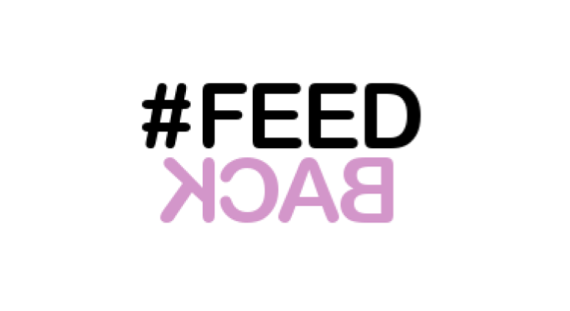#FEEDback comincia i lavori a Cluj-Napoca
di Cineuropa
- In inglese: La prima sessione della piattaforma #FEEDback si è tenuta al Festival Internazionale di Transilvania

Questo articolo è disponibile in inglese.
The first session of #FEEDBack (Film Eastern Europe Dialogue), a think-tank platform co-organised by the Transilvania International Film Festival's industry section, Connecting Cottbus and Trieste's When East Meets West, took place on 6 June in Cluj.
The platform aims to collect and discuss assessments in Eastern European countries on possible means and ways to increase cross-border relations, the permeability between the smaller territories and moving towards a joint agenda on funding, reaching audiences and innovative distribution.
The Cluj session line-up, headed by Snezana Maric, the Acting Director of the Film Centre Serbia, included the Eurimages Executive Director Roberto Olla; Laurent Bogen of the French CNC; Elin Erichsen from the Norwegian Film Institute; Hrvoje Hribar, Head of the Croatian Audiovisual Centre; Anca Mitran, the Acting Manager of the Romanian Film Center; the Slovak Film Institute's Alexandra Strelkova, the Lithuanian Film Center's Liana Ruokyte-Jonsson; Alessandro Gropplero of the Friuli Venezia Giulia Audiovisual Fund; Romanian producer Ada Solomon; and Bulgarian industry expert Gergana Dakovska.
The participants worked in closed groups and then held a discussion open for film-makers, producers, festival organisers, and the press, moderated by Simon Perry from Film I Vast.
The discussion first touched upon the lack of communication between the individual film funds and the need to form a body which would increase it on the level of "ground workers"- people who run the mechanisms of funds daily, as opposed to heads of funds.
"It is they who are in contact with producers and film-makers and the work they do has such an impact on film-making that they should be the ones who should teach and learn from each other," said Roberto Olla.
The question naturally coming out of this is: are the funds doing enough to follow and monitor the progress of films they financed, and help them with placement and distribution; and on the other hand, how much are the actual beneficiaries involved in policy- and regulation-making processes?
A crucial issue, of course, is the mutual support, co-production and distribution of films from smaller Eastern European territories, and of course this ties in with the threat of the Digital Single Market.
There are pan-European funds, and regional funds between countries who naturally co-operate due to common history, language and culture, such as the Scandinavian region, the Baltic countries and the Balkans. But they do not cross much into each other's fields, and Perry suggested that maybe a funding body based on the size of the national film industries would be a suitable approach.
"It could be a fund for European countries with less than 10 million citizens. They have a great deal in common when it comes to making films for the world market, and minority co-productions are natural to them," said Perry.
On the other hand, there are the big territories like France or Germany who have bilateral treaties with some smaller countries like Portugal or Greece, but these are not based on the needs of the industry, but on politics.
"The idea of the Nordic Film and Television Fund, which is a shining example to everybody, was put forward as a small part of the framework of the Nordic Council, and the political support there was strong not for cultural reasons, but for political ones," said Olla.
"We need to form a permanent body, a forum with constant funding and regular meetings, which would be a place where funders, but also other stakeholders, could speak up and express interest and needs and maybe the decision-makers would be attentive enough to go in that direction instead of the one pointed out by politicians," Olla pointed out.
The next two sessions of #FEEDBack will take place at the partner festivals in Cottbus and Trieste, with the goal to present the results at the 2016 Berlinale.
(Tradotto dall'inglese)
Ti è piaciuto questo articolo? Iscriviti alla nostra newsletter per ricevere altri articoli direttamente nella tua casella di posta.
















